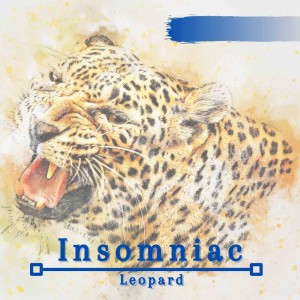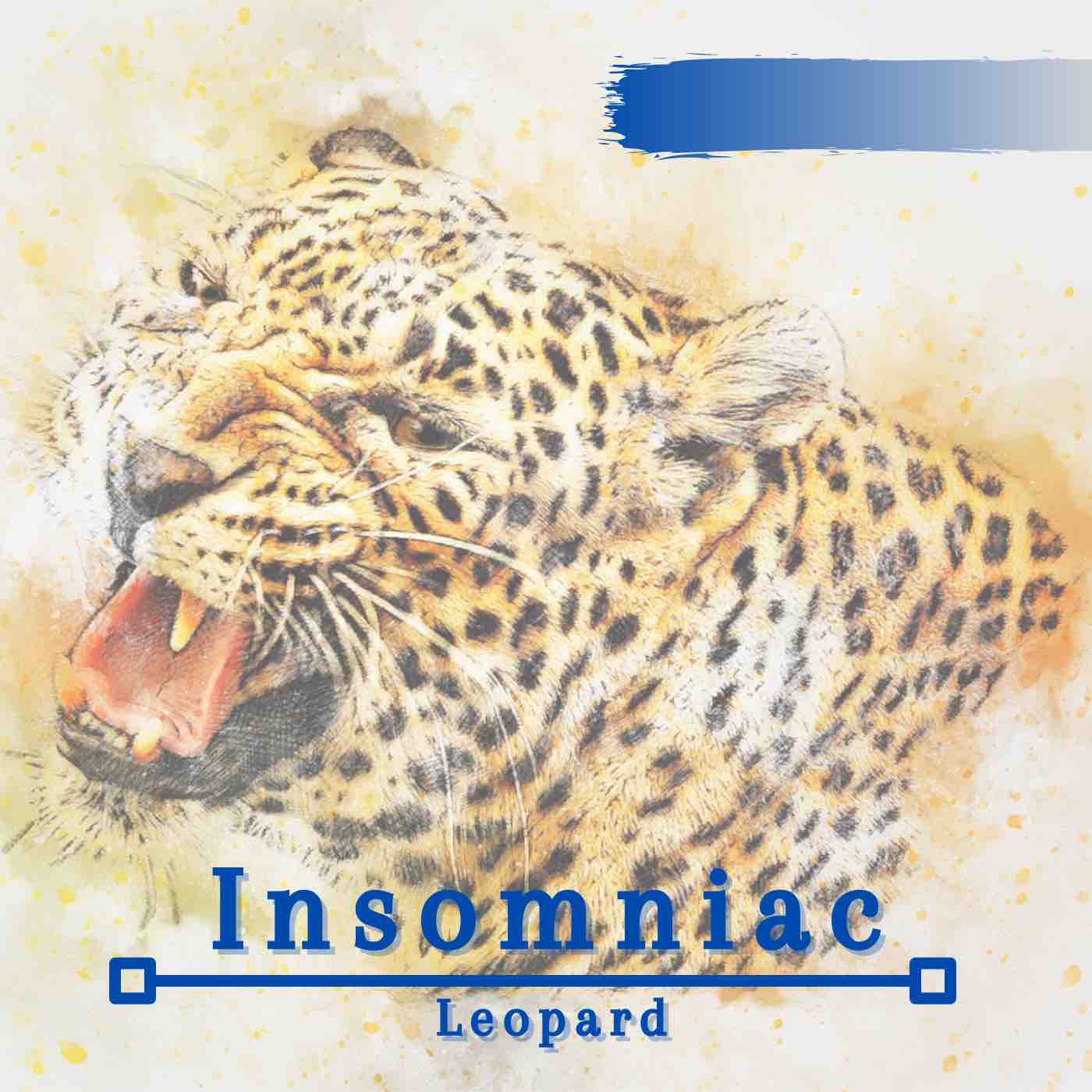Episodes

Monday Feb 08, 2021
On the Death of Forever with Tom Moynihan
Monday Feb 08, 2021
Monday Feb 08, 2021
Say you want to destroy the universe, you have to be 100% sure that your moral axiology is right because you’re removing the very ability for you or anyone else to ever correct it.
When did forever die? When did the sense of a never-ending present emerge? A present in which the past looms all too large as the future seems cut off? History just doesn’t work like it used to in 1968, 1977, or even in 1888––we live, to borrow Sepp Gumbrecht’s eerie phrase in “the broad present.” Or, alternatively, we simply live in the twisted twentieth-century vision of the future, one which Mark Fisher thinks has failed to live up to its initial utopian Vision. In other words, why does it seem like nothing happens anymore, that there are no notable events, no possibility for change?
In this inaugural episode, Josh sat down with Tom Moynihan, a research contractor at Oxford’s Future of Humanity Institute, one of a handful of such research projects which seek to conceptualize the existential risks to humanity’s survival and ask how/why humans can survive. For Tom, while values may be an implicit part of human life, specific values can only ever be contingent. There is no outside force which will legislate the eternal recurrence of specific moralities, beliefs, or dispositions. What’s here is here and so, how do we live our lives differently acknowledging this contingency? Does knowing that climate change is fast-approaching, that the COVID-19 virus may infect us any day, or that the human race will be extinguished long before the death of the earth change our behavior at all?
At the heart of these questions is a concern for novelty and newness––how can anything different emerge among the blanched repetition of the same? While it is possible for any two people, ideas, or constructs to encounter one another in our increasingly globalized and Zoomified world, actual connection and interactions seem fitful. Rather than adhering to a “principle of plenitude,” such a false promise of freedom creates a regime of flat similitude where anything is justifiable and allowed. In Xenogothic’s words: “Do we really want what we say we want? Do we want 'sugar' or excitement? Do we want energy to work or to dance? What’s the difference? Does it matter?”
If you have any night terrors, comments, anxiety-induced poetic outpourings, or ideas about the show, please reach out to us at insomniacleopard@gmail.com!
•••••••
Links to Tom’s fantastic books: Spinal Catastrophism and X-Risk
Tom’s Ardent Fascination: Milan Ćirković’s The Great Silence
Other notable mentions (chronologically): Derek Parfit’s Reasons and Persons, Toby Ord’s The Precipice, Jane Bennett’s Vibrant Matter, Anders Sandberg, Iosif Shklovsky, Peter Wolfendale, Günther Anders, J.D. Bernal, Pierre Teilhard de Chardin, J.B.S. Haldane


Comments (0)
To leave or reply to comments, please download free Podbean or
No Comments
To leave or reply to comments,
please download free Podbean App.